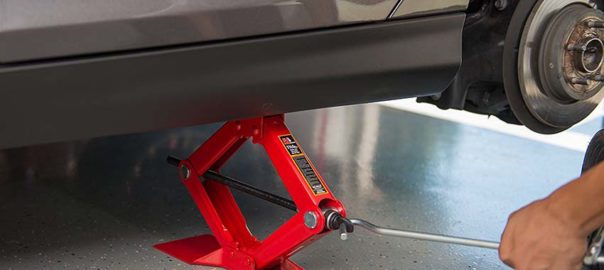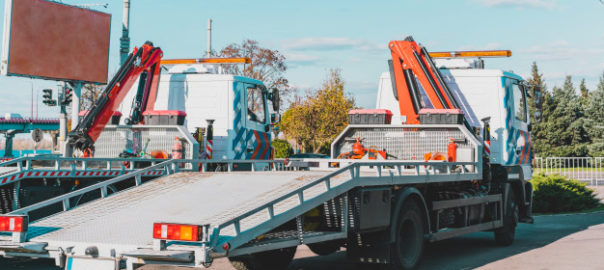Cold weather can have a strong effect on vehicle operations, sometimes leading to mechanical errors and even breakdowns that come with their own safety and security implications. In this blog entry, the towing experts here at Chicago Towing will detail the main reasons that vehicles suffer breakdowns during frigid Winter weather.




